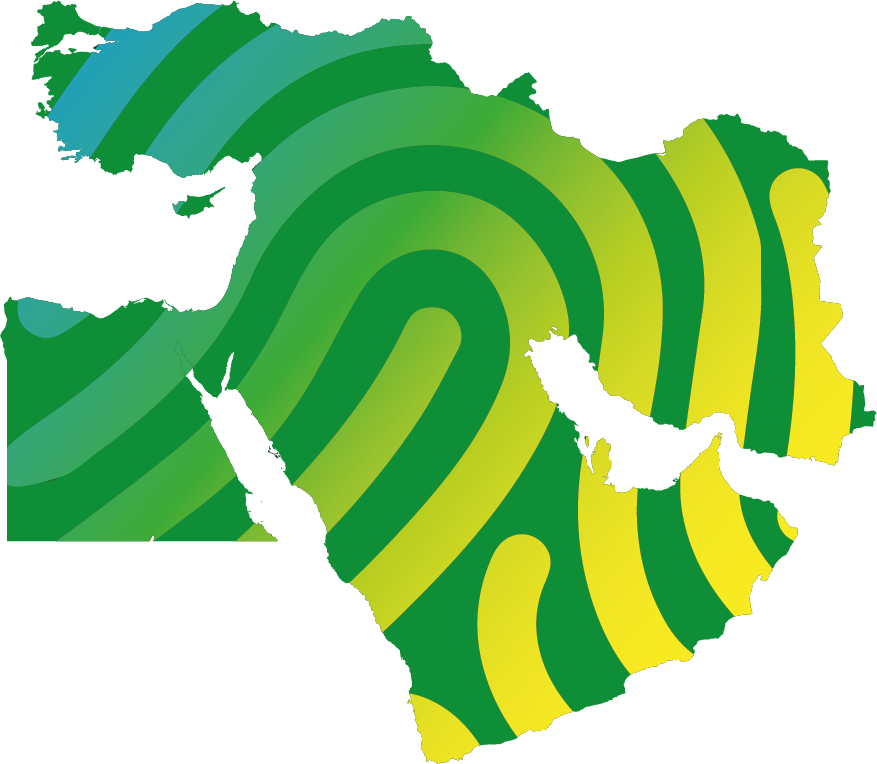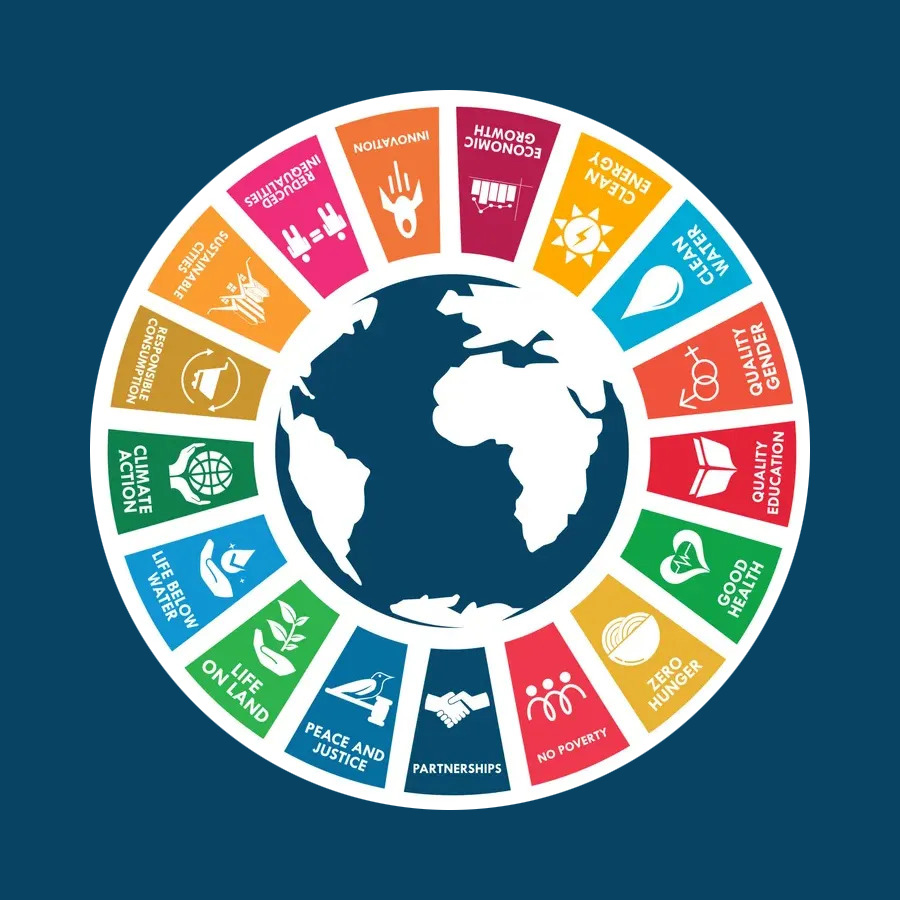Sovereign Carbon Initiatives
The Middle East is the region most vulnerable to climate change.. Its impacts are already affecting all sectors of its economy, ecosystems and populations, making it urgent to establish sovereign energy or environmental transition initiatives and programs.
Many Middle Eastern countries are implementing national Carbon Initiatives in line with their commitments of the Paris Agreement and their global decarbonization objectives. n accordance with the "Polluter Pays" principle, the introduction of a carbon contribution allows the cost of energy and environmental transitions to be borne by the primary greenhouse gas (GHG) emitters, prioritizing the development of programs that have a direct impact on national territories.
These mechanisms make it possible to redirect the financial effort of international polluters to the countries where they pollute. This is especially relevant for sectors like maritime and aviation, which are already involved in offsetting efforts through international carbon markets, but rarely direct those efforts toward the countries where they contribute notably to GHG emissions through their activities.
Middle East Sovereign Carbon Registries:
Registries at the service of National Carbon Initiatives

The Middle East Sovereign Carbon Registries were designed to ensure the compliance of national Carbon Initiatives with international norms and standards in force as well as with internationally recognized rules of good governance and transparency.
Independent and harmonized, they allow each national Carbon Agency (or any other government entity in charge) to develop its own Sovereign Carbon Registry. They do not intervene in areas that fall under the Sovereignty of countries and their national Carbon Agencies. Definition of the ‘Obligated’ sectors subject to the obligation to pay a Carbon Contribution, its price (USD/tonne of CO2), the energy and environmental transition strategy, impactful programs, to be implemented are the exclusive competence of the national Carbon Agencies.
A Sovereign Carbon Registry allows :
- Obligated Parties, as sovereignly defined by each sovereign State, to record the carbon footprint of their activities in the country where they operate according to recognized carbon inventory calculation methodologies (e.g. GHG Protocol, ISO14064, etc.) and according to international sector standards (e.g. CORSIA, IMO, etc.)
- Middle Eastern States to record, monitor, and ensure the verification of Obligated Parties' mitigation efforts: payment of the Carbon Contribution and Offsetting actions on international voluntary carbon markets.
- To record and monitor impact or energy and environmental transition programs financed by the Carbon Contribution collected from Obligated Parties.
Guarantors of the integrity of national Carbon Initiatives, Middle East Sovereign Carbon Registries are independent of national Carbon Agencies, and are subject to verification and certification by Bureau Veritas, an independent auditing company recognized for the quality and rigor of its services in accordance with current standards (ISAE 3410/3000) as well as a quarterly financial audit carried out by an international firm.
Founding Values of the Middle East
Sovereign Carbon Registries
Impact
The Registries aim to support the implementation of national strategies and energy, environmental and impact transition programs in Middle East that meet the Sustainable Development Goals as defined by the United Nations, for the benefit of Middle East communities most affected by climate change.

Compliance
The rules for calculating and reporting the carbon footprint of the Obligated Parties comply with international standards (GHG Protocol, ISO14064, PAS2060), international and sectoral agreements (CORSIA, IMO), and recognized Emission Factor bases (IPCC, DEFRA, IMO, etc.).
Carbon Offsetting Actions are carried out by retirement of carbon credits issued by referece certification standards (Verra, Gold Standard, etc.) compliant with Core Carbon Principles defined by the Intergrity Council for the Voluntary Carbon Market (ICVCM).

Independency
The Middle East Sovereign Carbon Registries are strictly independent of any state entity and in particular of National Carbon Agencies.
Sovereignty
The Middle East Sovereign Carbon Registries respect the principle of sovereignty of States, their governments and their National Carbon Agencies. They do not intervene in the choice of 'Obligated' sectors, nor in the definition and implementation of national energy and environmental transition or impact programs financed by the collection of Carbon Contributions.
SOVEREIGN
CARBON REGISTRIES
INITIATIVES UNDER CONSIDERATION












